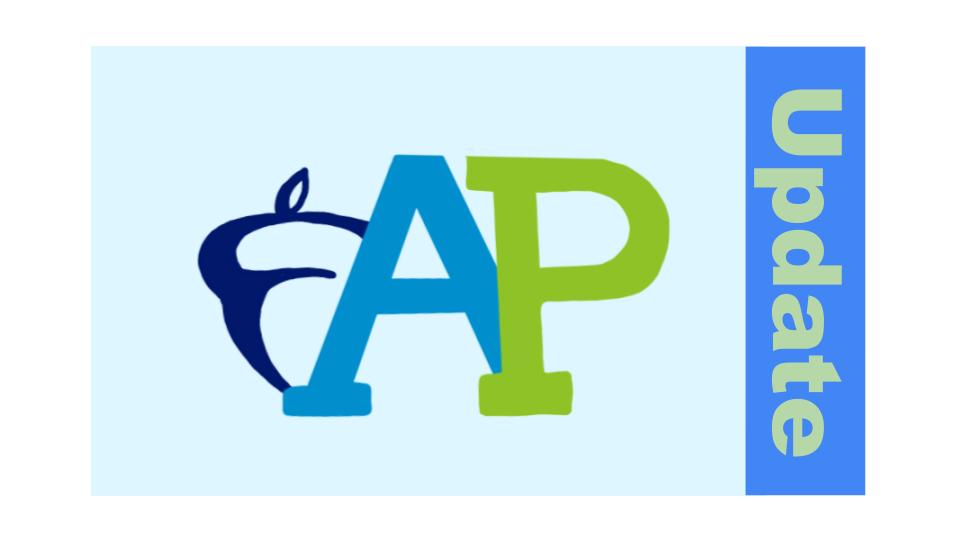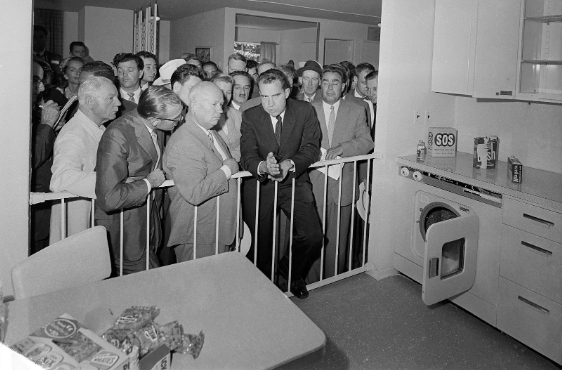AP exam orders for this year are up nearly 13 percent from last year, totaling 610 over last year’s 537.
Santa Fe High’s Advanced Placement program coordinators Mr. Holladay and Mr. Eadie handle these orders, which allow Santa Fe High’s AP students to take the exams in May. (The number is subject to change as some students will cancel and some will order their exams late.)
These optional exams, which cost at least $94 each, allow students with qualifying scores to earn college credit in many colleges and universities. A score of 3 or higher, graded on a five-point scale, translates to credit at many institutions. However, some accept only scores of 4 or 5, and some allow students with certain scores to gain access to higher level courses, but do not grant credit.
AP courses, which aim to prepare students for these exams, provide students with advanced coursework and material, a necessity for many academically inclined students who want a challenge.
According to the AP website, the program aims to “[give] students the chance to tackle college-level work while they’re still in high school and earn college credit and placement.”
Sante Fe High offers 18 AP classes. (College Board offers 38.) Of the 18 classes, ten are in core subjects and eight are electives. The AP course list for SFHS includes three core social studies courses, five core science courses, two English courses, two Spanish courses, AP Research and AP Seminar, AP Studio Art, AP Computer Science Principles, AP Human Geography, and AP Psychology.
However, some students take exams in areas of their expertise even if the course is not offered here. Two years ago, exams were ordered for 20 subject areas, and last year, students tested in 21 subject areas, the second highest number yet recorded for the school.
Santa Fe High’s AP students generally perform above the national average on their exams and well above the state average. According to statistics compiled by Mr. Eadie, in 2023 and 2022, SFHS students scored above both averages in 18 and 16 subjects, respectively. In addition, the mean score was 3.4 out of 5, compared to a global average of 2.9.
The AP program allows students a chance to expand their knowledge on subjects and challenge themselves to maintain diligent, sophisticated bodies of work. Senior Yasmin Verastegui said she takes AP classes to “challenge [her]self, get out of [her] comfort zone, and see what [she] is capable of achieving in order to succeed.” She continues, “It can help me decide on the path I want to take for college.”
Not only does a qualifying score on an AP exam mean college credit and access to higher courses, but it has the potential to aid students financially in the long run, as any course passed in high school for the fee of an AP exam is a course that students do not have to take in a much more expensive university.
Himaja Sunkara, a senior, encourages students to consider challenging themselves in an AP course. “I was very intimidated by the whole AP process,” she states, “and was hesitant to take any classes in the beginning, but I definitely don’t regret taking the ones I did.” She continues, “I found even the classes that don’t directly relate to what I plan on pursuing later in life [to be] enriching.”








